Page Not Found
Page not found. Your pixels are in another canvas.
A list of all the posts and pages found on the site. For you robots out there is an XML version available for digesting as well.
Page not found. Your pixels are in another canvas.
About me
This is a page not in th emain menu
Published:
At CyberAgent AI lab, researchers have the chance to create seminars in which members would gather to carry out activities related to their job and improve their skills. After I entered the company, I decided to start a new seminar: the “research skill-up” seminar. The goal of this seminar is to polish our paper writing, research productivity and other management skills. Each session, each member would gather information about a topic of their interest and present it to the other members. In this blog post, I talk about one of the main topics discussed in the seminar: How to write scientific papers.
Published:
A big majority of the machine learning systems existing in society assume that the data used for training and the data used after deployment follow the same distribution. However, in reality, these systems suffer a drop in performance due to the differences between training and test data. Multiple methods have been proposed in order to transfer the knowledge learned from a set of data to another set belonging to a different domain, but it is hard to achieve good generalization depending on the ``gap’’ between these domains. This blog post introduces an overview of domain adaptation (DA) techniques, why they are necessary, and different types and scenarios they can be applied to. I hope that, once readers understand these points, this blog post may serve as a starting-guide for surveying more specific methods (multimodal DA, etc.) that adapt to their needs.
Article about my research in medical image processing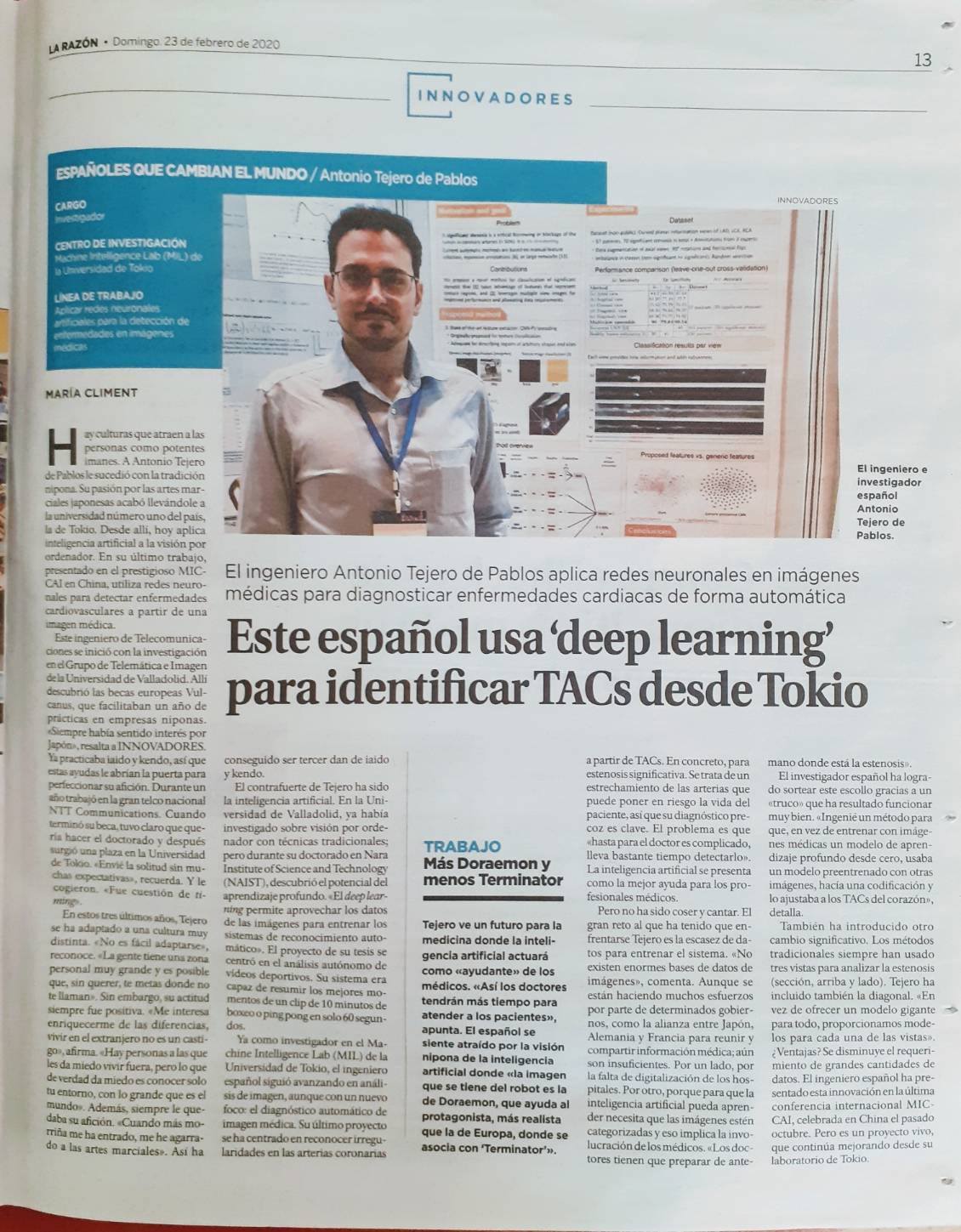
Article about the recent advances in computer vision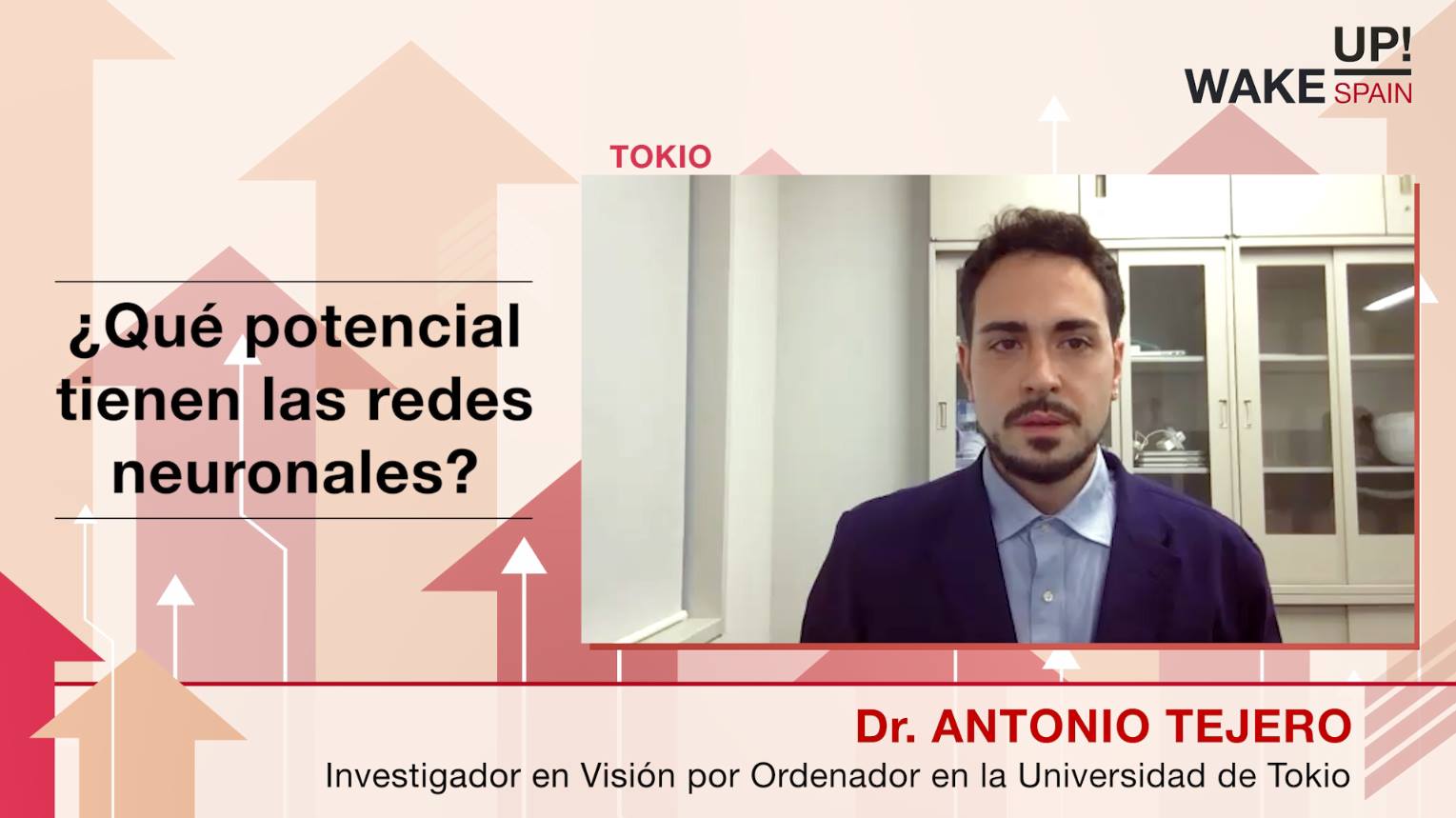
Article about my research in multimedia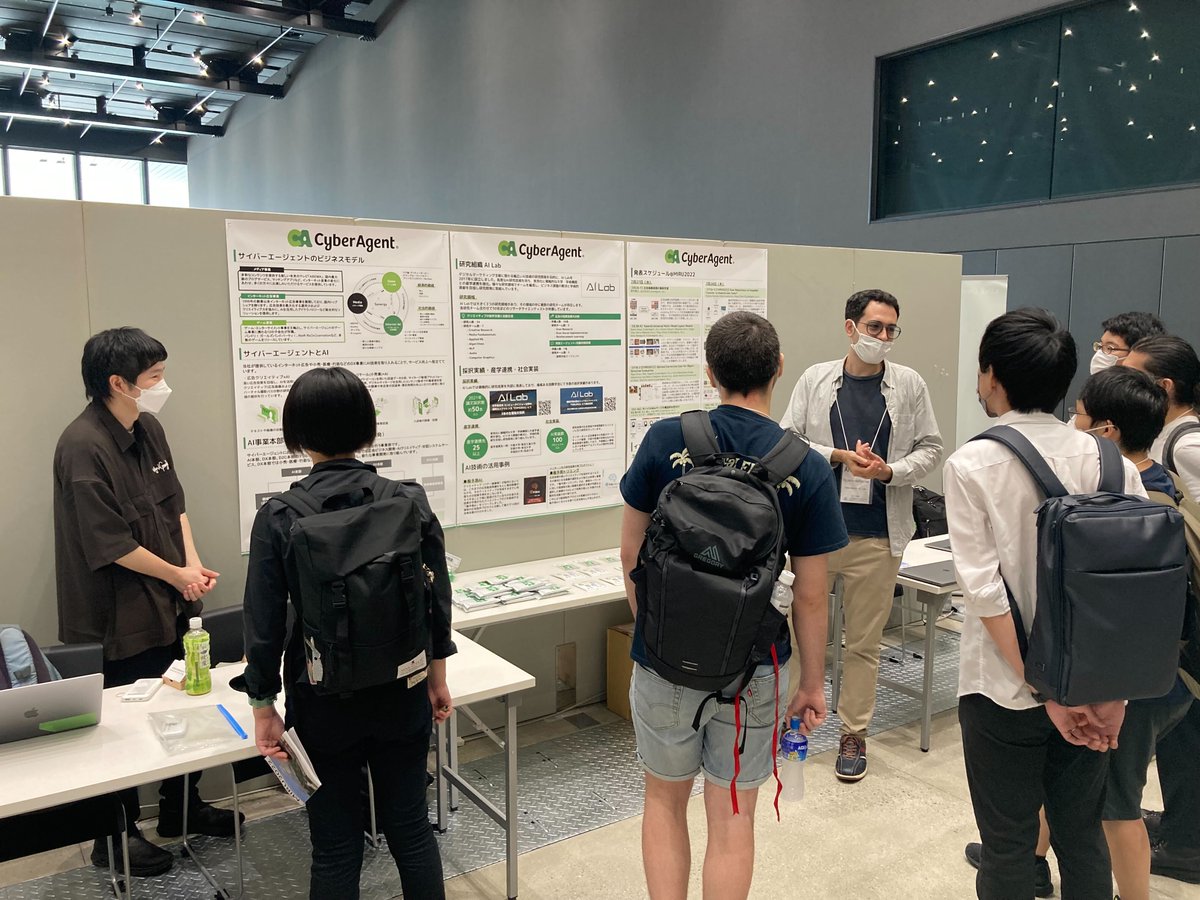
CyberAgent PoCMOCK contest: Automatic Rap Beat Generation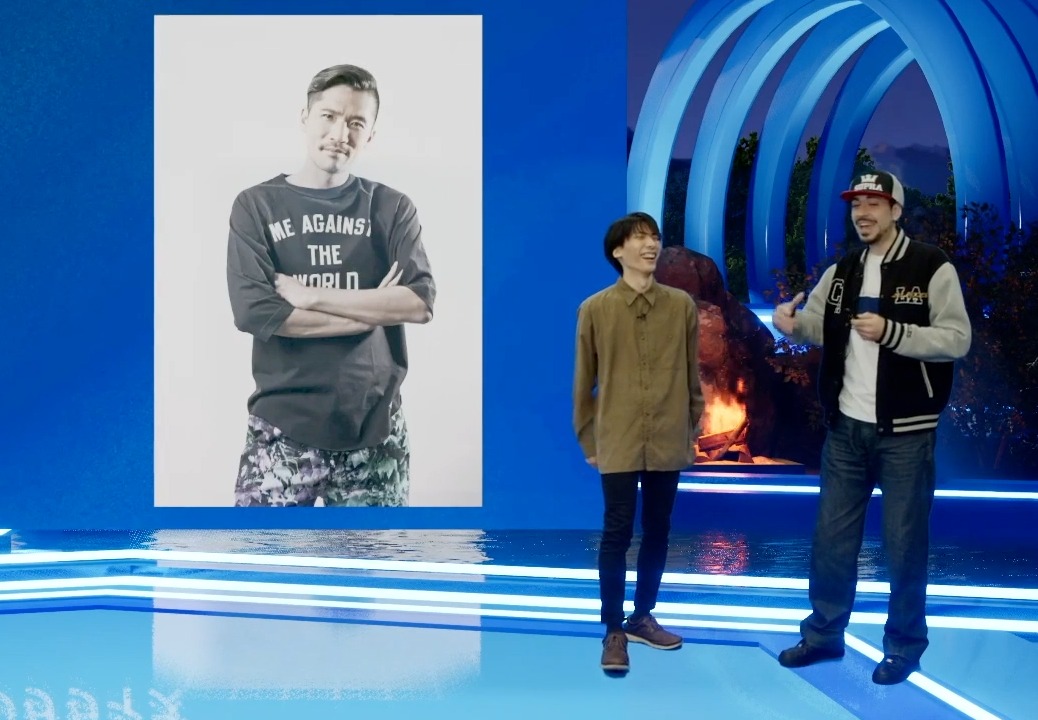
Research in AI between Japan and Spain @ Instituto Cervantes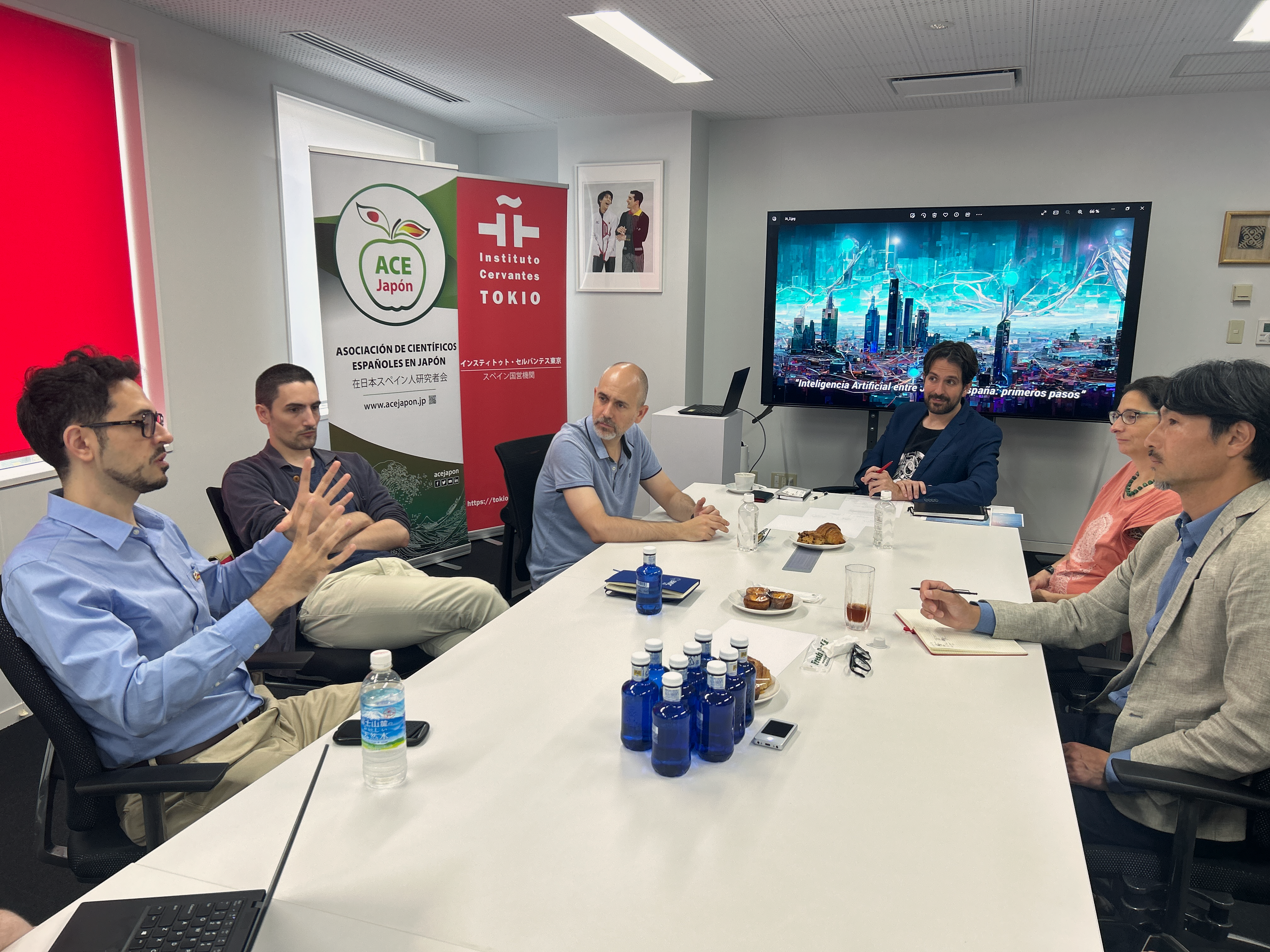
Published in International Work-Conference on Artificial Neural Networks, 2009
Recommended citation: Martínez-Zarzuela, M., Diaz-Pernas, F., Tejero-de-Pablos, A., Anton-Rodríguez, M., Diez-Higuera, J., Boto-Giralda, D., & Gonzalez-Ortega, D. (2009, June). Adaptative resonance theory fuzzy networks parallel computation using CUDA. In International Work-Conference on Artificial Neural Networks (pp. 149-156)
Published in International Work-Conference on the Interplay Between Natural and Artificial Computation, 2011
Recommended citation: Martínez-Zarzuela, M., Díaz-Pernas, F. J., Tejero-de-Pablos, A., Perozo-Rondón, F., Antón-Rodríguez, M., & González-Ortega, D. (2011, May). Fuzzy ARTMAP based neural networks on the GPU for high-performance pattern recognition. In International Work-Conference on the Interplay Between Natural and Artificial Computation (pp. 343-352)
Published in SAAEI, 2011
Recommended citation: Martínez-Zarzuela, M., Díaz-Pernas, F. J., Tejero-de-Pablos, A., Perozo-Rondón, F., Antón-Rodríguez, M., & González-Ortega, D. (2011). Monitorización del cuerpo humano en 3D mediante tecnología Kinect. SAAEI, 747-752
Published in Journal of Medical Systems, 2012
Recommended citation: Tejero-de-Pablos, A., & de-la-Torre, I. (2012). Advances and current state of the security and privacy in electronic health records: survey from a social perspective. Journal of Medical Systems, 36(5), 3019-3027
Published in Advances in Computer Science: an International Journal, 2014
Recommended citation: Martínez-Zarzuela, M., Díaz-Pernas, F., Tejero-de-Pablos, A., González-Ortega, D., & Antón-Rodríguez, M. (2014). Action recognition system based on human body tracking with depth images. Advances in Computer Science: an International Journal, 3(1), 115-123
Published in EURASIP Journal on Image and Video Processing, 2016
Recommended citation: Tejero-de-Pablos, A., Nakashima, Y., Yokoya, N., Díaz-Pernas, F. J., & Martínez-Zarzuela, M. (2016). Flexible human action recognition in depth video sequences using masked joint trajectories. EURASIP Journal on Image and Video Processing, 2016(1), 1-12
Published in IEEE International Conference on Multimedia and Expo, 2016
Recommended citation: Tejero-de-Pablos, A., Nakashima, Y., Sato, T., & Yokoya, N. (2016, July). Human action recognition-based video summarization for RGB-D personal sports video. In 2016 IEEE International Conference on Multimedia and Expo (ICME) (pp. 1-6)
Published in Thematic Workshops of ACM Multimedia, 2017
Recommended citation: Takumi, K., Watanabe, K., Ha, Q., Tejero-de-Pablos, A., Ushiku, Y., & Harada, T. (2017, October). Multispectral object detection for autonomous vehicles. In Proceedings of the on Thematic Workshops of ACM Multimedia 2017 (pp. 35-43)
Published in IEEE Transactions on Multimedia, 2018
Recommended citation: Tejero-de-Pablos, A., Nakashima, Y., Sato, T., Yokoya, N., Linna, M., & Rahtu, E. (2018). Summarization of user-generated sports video by using deep action recognition features. IEEE Transactions on Multimedia, 20(8), 2000-2011.
Published in arXiv preprint, 2018
Recommended citation: Yamamoto, S., Tejero-de-Pablos, A., Ushiku, Y., & Harada, T. (2018). Conditional video generation using action-appearance captions. arXiv preprint arXiv:1812.01261.
Published in European Conference on Computer Vision, 2018
Recommended citation: Uehara, K., Tejero-De-Pablos, A., Ushiku, Y., & Harada, T. (2018). Visual question generation for class acquisition of unknown objects. In Proceedings of the European conference on computer vision (ECCV) (pp. 481-496).
Published in IEEE International Conference on Robotics and Automation, 2019
Recommended citation: Chang, J. Y., Tejero-de-Pablos, A., & Harada, T. (2019, May). Improved optical flow for gesture-based human-robot interaction. In 2019 International Conference on Robotics and Automation (ICRA) (pp. 7983-7989).
Published in International Conference on Software Technologies, 2019
Recommended citation: Savarese, F., Tejero-de-Pablos, A., Quer, S., & Harada, T. (2019, July). Detecting, opening and navigating through doors: A unified framework for human service robots. In Proceedings of the 14th International Conference on Software Technologies (pp. 416-427).
Published in Workshop on Circuits and Systems, 2019
Recommended citation: TEJERO-DE-PABLOS, A., & HARADA, T. (2019, August). Suppressing Racial Bias in Image Recognition via Domain Adaptation. In Workshop on Circuits and Systems (Vol. 32, pp. 99-104).
Published in International Conference on Medical Image Computing and Computer-Assisted Intervention, 2019
Recommended citation: Tejero-de-Pablos, A., Huang, K., Yamane, H., Kurose, Y., Mukuta, Y., Iho, J., Tokunaga, Y., Horie, M., Nishizawa, K., Hayashi, Y., Koyama, Y. &, Harada, T. (2019, October). Texture-based classification of significant stenosis in CCTA multi-view images of coronary arteries. In International Conference on Medical Image Computing and Computer-Assisted Intervention (pp. 732-740).
Published in Springer Communications in Computer and Information Science, 2020
Recommended citation: Harada, T., Tejero-de-Pablos, A., Quer, S., & Savarese, F. (2020). Service robots: A unified framework for detecting, opening and navigating through doors. In Springer Communications in Computer and Information Science, vol. 1250, issue 1, pp. 179-204. (2020).
Published in IEEE International Symposium on Biomedical Imaging, 2020
Recommended citation: Huang, K., Tejero-de-Pablos, A., Yamane, H., Kurose, Y., Iho, J., Tokunaga, Y., Horie, M., Nishizawa, K., Hayashi, Y., Koyama, Y., & Harada, T. (2020, April). Coronary Wall Segmentation in CCTA Scans via a Hybrid Net with Contours Regularization. In 2020 IEEE 17th International Symposium on Biomedical Imaging (ISBI) (pp. 1743-1747).
Published in European Conference on Computer Vision, 2020
Recommended citation: Fushishita, N., Tejero-de-Pablos, A., Mukuta, Y., & Harada, T. (2020, August). Long-Term Human Video Generation of Multiple Futures Using Poses. In European Conference on Computer Vision (pp. 596-612).
Published in European Conference on Computer Vision, 2020
Recommended citation: Inayoshi, S., Otani, K., Tejero-de-Pablos, A., & Harada, T. (2020, August). Bounding-box channels for visual relationship detection. In European Conference on Computer Vision (pp. 682-697).
Published in The British Machine Vision Conference, 2020
Recommended citation: Harada, R., Tejero-de-Pablos, A., & Harada, T. (2020). Accurate Parts Visualization for Explaining CNN Reasoning via Semantic Segmentation. In BMVC.
Published in arXiv preprint, 2021
Recommended citation: Fushishita, N., Tejero-de-Pablos, A., Mukuta, Y., & Harada, T. (2021). Efficient training for future video generation based on hierarchical disentangled representation of latent variables. arXiv preprint arXiv:2106.03502.
Published in IEEE International Symposium on Biomedical Imaging, 2021
Recommended citation: Tejero-de-Pablos, A., Yamane, H., Kurose, Y., Iho, J., Tokunaga, Y., Horie, M., M., Nishizawa, K., Hayashi, Y., Koyama, Y., & Harada, T. (2021, April). Beam Stack Search-Based Reconstruction Of Unhealthy Coronary Artery Wall Segmentations In CCTA-CPR Scans. In 2021 IEEE 18th International Symposium on Biomedical Imaging (ISBI) (pp. 86-90).
Published in arXiv preprint, 2021
Recommended citation: Suzuki, T., & Tejero-de-Pablos, A. (2021). Video Ads Content Structuring by Combining Scene Confidence Prediction and Tagging. arXiv preprint arXiv:2108.09215.
Published in Joint 12th International Conference on Soft Computing and Intelligent Systems and 23rd International Symposium on Advanced Intelligent Systems, 2022
Recommended citation: Yamane, H., Kurose, Y., Tejero-de-Pablos, A., Gu, L., Iho, J., Tokunaga, Y., Horie, M., Hayashi, Y., Nishizawa, K., Koyama, Y., & Tatsuya, H. (2022). Readmission prediction for heart failure patients using features extracted from SS-MIX. Joint 12th International Conference on Soft Computing and Intelligent Systems and 23rd International Symposium on Advanced Intelligent Systems (SCIS&ISIS).
Published in SPIE Medical Imaging, 2023
Recommended citation: Tejero-de-Pablos, A., Yamane, H., Kurose, Y., Iho, J., Tokunaga, Y., Horie, M., Nishizawa, K., Hayashi, Y., Koyama, Y. &, Harada, T. (2023, April). Improving segmentation of calcified and non-calcified plaques on CCTA-CPR scans via masking of the artery wall. In Proc. SPIE 12465, Medical Imaging 2023: Computer-Aided Diagnosis.
Published in Meeting on Image Recognition and Understanding, 2023
Recommended citation: Tejero-de-Pablos, A. (2023, July). Dissecting multimodal learning via regularized masking of multimodal features. Meeting on Image Recognition and Understanding.
Published in Winter Conference on Applications of Computer Vision, 2024
Recommended citation: Tejero-de-Pablos, A. Complementary-Contradictory Feature Regularization against Multimodal Overfitting. In Proc. Winter Conference on Applications of Computer Vision.
Published:
The Cervantes Institute in Tokyo is an organization to promote Spanish culture in Japan, and Spanish-Japanese collaborations. In this event, I presented some basic concepts about artificial intelligence (AI), and my experience in Spain and Japan as a researcher in AI. Then, I moderated a panel discussion along with Dr. Fernando Castaño Romero and Dr. Yoshitaka Ushiku, regarding how AI is present within society in Spain and Japan respectively.
Published:
In this webinar, a group of researchers from Spain talked about our experiences living and working in Japan. We compared the research opportunities that Japan and Spain provide, and discussed about how is living in such a different country (anecdotes, advice, etc.).
Published:
CCSE (Conference on Computer Science for Enterprise) is conference organized by the company CyberAgent. It is a place for company researchers to share their latest advances with their peers from other companies. I moderated and participated in a panel discussion about how non-Japanese researchers can pursue different types of career paths in Japan.
Published:
In this webinar I introduce some notions of artificial intelligence and computer vision, in order to explain how machines are able to perceive the world around us. Initially designed to recognize simple patterns in images, artificial neural networks have become more and more complex, and more and more accurate. This allowed their introduction into a wide variety of sectors, ranging from medical to automotive.
Published:
The Japanese Study Group on Computer Vision is a semestral conference in which researchers from all over Japan present the most recent topics in computer vision. In my talk, I introduce the variational autoencoders (VAE) as a way to learn latent representations of the input data, in particular, in the case of multimodal data (audio, video, text, etc.).
Published:
The Japanese Study Group on Computer Vision is a semestral conference in which researchers from all over Japan present the most recent topics in computer vision. In my talk, I introduce a paper from the International Conference on Computer Vision and Pattern Recognition (CVPR2022) that addresses the simultaneous learning of data coming from different modalities. This topic is very relevant in computer vision, as visual data is prone to learn at different speeds than other modalities, such as text and audio.
Published:
In October 2022 I was invited by EURAXESS Japan to a panel discussion about doing research in “academia vs industry” for the European Research Days. It was my pleasure to discuss with many European students about being a PhD and the different research opportunities in Japan and Europe.
Published:
The Japanese Study Group on Computer Vision is a semestral conference in which researchers from all over Japan present the most recent topics in computer vision. In my talk, I introduce a paper from the European Conference on Computer Vision (ECCV2022) that addresses the pretraining of autoencoder models with different tasks and data coming from different modalities. This topic is very relevant in computer vision, as training a model with heterogeneous data and tasks is very challenging.
Published:
On November 2022, the III Gathering of Spanish researchers in Japan (ACE Japon) took place at the Embassy. It was my honor to moderate a panel discussion with researchers belonging to “industrial” and “academic” institutions. We discussed the advantages/disadvantages and different perspectives on how each panelist conduct their research. It may be complicated, but in the future a hybrid environment between both worlds would be desirable.
Published:
On November 2023, the IV Gathering of Spanish researchers in Japan (ACE Japon) took place at the Embassy of Spain in Tokyo. It was my honor to participate in a panel discussion with researchers with experience in doing collaborative research between Spain and Japan. We discussed the progress and TO DOs in collaborative research, as well as future ideas to involve students and women into STEM. Later, I introduced my research in heterogeneous data learning, including an explanation on the differences between research and product.
Published:
CCSE2023, CyberAgent AI Lab’s research conference for companies, was a success! I help facilitating collaboration talks among companies and the keynote speech. In particular, I had the honor of participating in a panel discussion about the significance of R&D organization in companies, among CyberAgent-Cygames-Panasonic. For the keynote speech, Jerry Chi, the representative of Stability AI Japan, gave a presentation on the state of the art in generative AI with text, image, audio, code, etc. I feel we managed to create a wonderful place for exchanging ideas and making new contacts.
Lab management, The University of Tokyo, Graduate School of Information Science and Technology, Department of Mechano-Informatics, Machine Intelligence Lab, 2017
While working as a researcher at the Machine Intelligence Lab (U-Tokyo), I was in charge of basic lab management tasks (e.g., lab tours), as well as assisting the students in their research tasks (e.g., topic selection, paper writing). I was also assigned leader duties for a medical project, and during the lab’s participation at the RoboCup competition.
Workshop, Nihon University, 2017
I was the lecturer in a workshop about AI organized by IEEE Young Professionals. In the morning, the students were given an intensive lecture on AI and machine learning in order to learn the basics and the applications. Then, during the afternoon, the students thought about innovative applications using AI and created their own idea proposal. Finally, the most interesting idea received an award.
Course taken, The University of Tokyo, Center for Research and Development, 2018
I completed a course taught at the University of Tokyo about “learning how to teach at a higher education institution”. The University of Tokyo Future Faculty Program (UTokyo FFP) is a course aimed to enhance teaching and research skills of graduate students, postdocs, and young faculty members at the University of Tokyo. The contents range from class/syllabus design to student evaluation, and include practical teaching sessions.
Workshop, The University of Tokyo, Center for Research and Development, 2019
In collaboration with the Center for Research and Development, we spent a semester creating a mentoring event aimed to supporting the international students of the University of Tokyo. By using active learning and other team working techniques, we were able to:
Workshop, Tokyo Denki University, 2019
I was the lecturer in a workshop about technical writing organized by IEEE Young Professionals. The students were given an intensive lecture on how to write a graduation thesis and a conference paper, and then they corrected their own essays based on the advices given.
Study group, Online, 2021
In the IEEE Young Professionals group, we created a study group system for members to review together their topics of interest. I manage the machine learning study group, in which we study about deep learning, computer vision, representation learning, etc.
Study group, Online, 2021
I joined a study group in which participants introduce interesting trends and concepts in the fields of computer vision, human computer interaction, virtual reality and others (multidisciplinary). From March 2022 I also joined the management team to help organizing the events.
Workshop, Kikai Shinko Kaikan, 2023
I was in charge of teaching primary school students the fundamentals of programming. We used a visual-programming tool in which kids would put connect blocks to generate programs. Those programs would then be downloaded to an external microprocessor with display, sound and button i/o.
Workshop, Abema Towers, 2023
As a representative of CyberAgent AI Lab, I presented our research to 25 university students in a company visit organized by IEEE Young Professionals. We introduced the students (coming from U-Tokyo, Tokyo Tech, etc.) our research in computer vision, audio and a brief explanation of the working system at the AI lab.